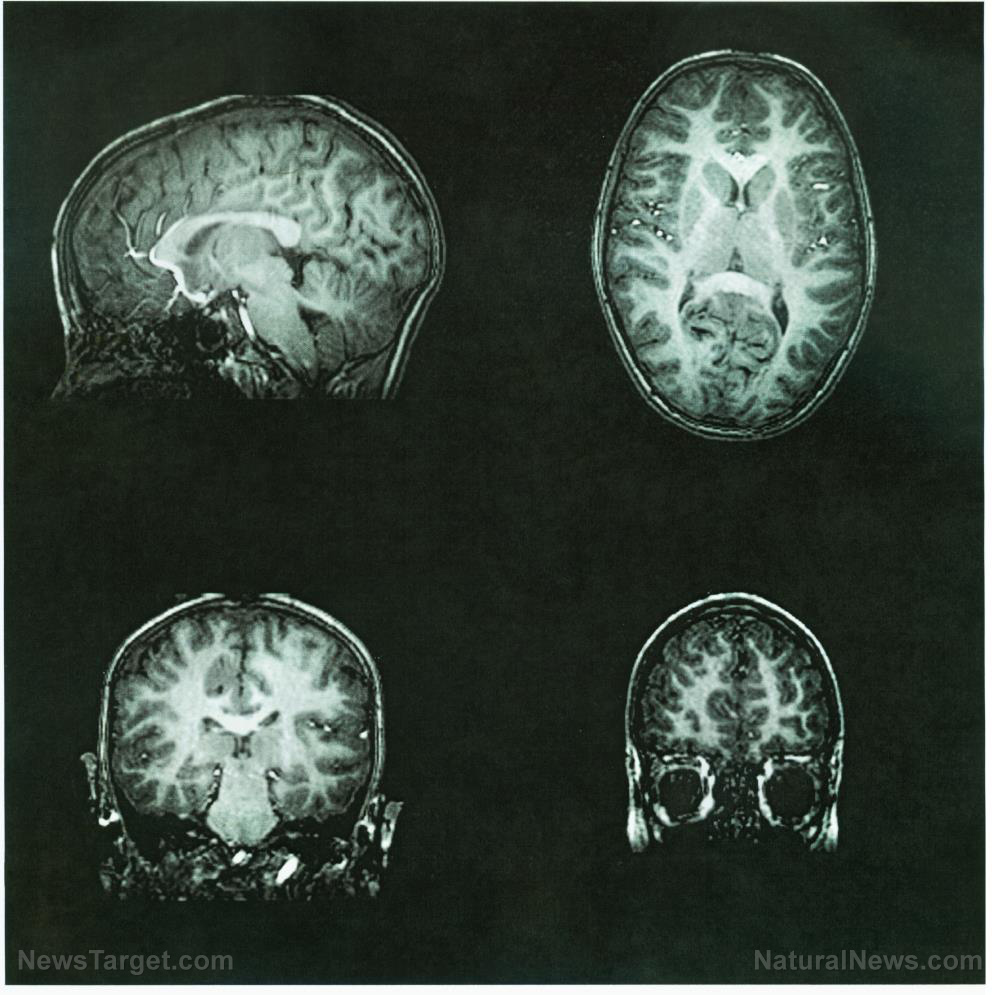PROBIOTICS as medicine: Proper yeast balance in the gut microbiome found to help schizophrenia sufferers
12/10/2017 / By Rita Winters

Schizophrenia is a psychiatric disorder wherein a person displays abnormal social behavior and a failure to differentiate between reality and fantasy. More often than not, schizophrenic individuals have yeast infections, but researchers still do not know why. These yeast infections, caused by Candida albicans found in human gut flora, do not cause mental illness per se, but appear to be strongly related to mental disorders. A study published in the May 1, 2017 issue of Brain, Behavior and Immunity backs the growing evidence of the relationship between mind and gut.
The study, led by Emily Severance, Ph.D., shows that adding probiotics to patients’ diets may treat yeast infections and ease their bowel problems. Individuals who have schizophrenia but do not have yeast infections experience a decrease in delusions and hallucinations. The research entitled “Probiotic normalization of Candida albicans in schizophrenia: A randomized, placebo-controlled, longitudinal pilot study” was funded by a grant from the National Institute of Mental Health (NIMH) and the Stanley Medical Research Institute.
There were 56 adult participants in the study, 19 of which were female, and 61 percent of which were white. At the beginning of the trials, blood samples were collected from the participants and a Positive and Negative Syndrome Scale (PANSS) exam was administered. Each individual took a placebo pill once a day for two weeks. They were then split into two groups so that neither the researchers nor the participants could determine who would be given a real probiotic treatment or a placebo in the next 14 weeks. The probiotics administered contained one billion colony-forming units of Lactobacillus rhamnosus and Bifidobacterium animalis in each pill. Every two week, PANSS scores were reassessed, as well as the ease of their bowel movements. At the end of the study, blood samples were collected once more. The blood samples were analyzed to measure the antibody levels related to the yeasts in the participants’ bodies, before and after the probiotic treatment. Both Saccharomyces cerevisae (Brewer’s yeast) and Candida albicans (that causes yeast infections) are elevated in people suffering from schizophrenia.
Results from the trials showed that there was a decrease by 43 percent, over time, in the 22 men taking probiotics. On the other hand, only a three percent decrease of antibodies in the 15 men taking the placebo. The antibody levels for Brewer’s yeast did not change during the study, even those individuals who took the probiotics. There were no significant effects of probiotics treatment in women. PANSS scores overall showed a decrease from 24 to 19.5. It was found that delusions and hallucinations are more common in men with both schizophrenia and yeast infections. Individuals with both those conditions also had greater memory problems. The biggest changes in psychiatric symptoms were the men, treated with probiotics, who did not have elevated levels of yeast in their gut.
The researchers from John Hopkins Medicine and Sheppard Pratt Health System caution that there is a need for larger and more precise studies to validate their findings about the relationship between gut microbes and mental disorders. The mental health field is already in dire need of new treatments for psychiatric disorders, given that these available medications cause too many negative side effects in patients, or are not effective at all. Probiotics may only cost $1 a day, but not everyone can be treated with it, since it should not be given to people with weak immune systems such as individuals with HIV. Furthermore, probiotics can cause gas and bloating in some people.
Other studies on mental disorders show that healthy nutrition positively impacts individuals with mental disorders. There may be a chance to reduce the risk of having these chronic psychiatric disorders through good food and healthier lifestyles, instead of laboratory-created chemical medications.
Sources include:
Tagged Under: discoveries, gut microbes, gut microbiome, natural medicine, probiotics, schizophrenia, yeast balance




















